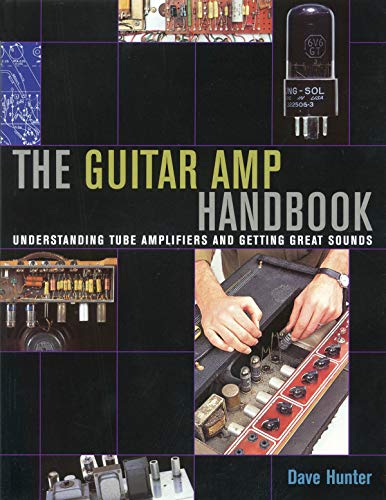"Lead fumes?"
If your soldering iron is hot enough to vaporize lead, then it's time to stop using a welding gun for soldering.
Wash your hands before you eat that sandwich or smoke that cigarette. Wait, if you're the kind of person who worries about solder fumes, then you probably don't smoke.
Don't lean over the work and suck in the flux fumes if you can help it.
I've been soldering for years and my bloodwork still comes back as normal. You guys must be pretty new at this if the smell of flux still bothers you :wink:

































